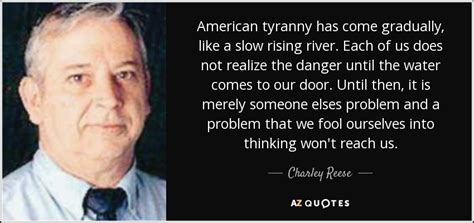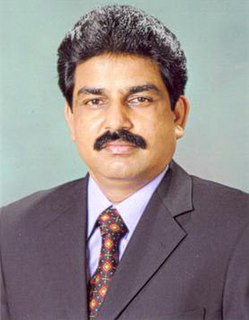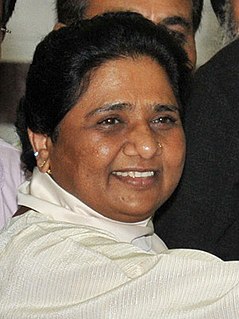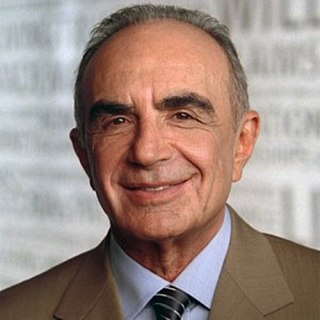A Quote by Alexander Hamilton
Jurors should acquit, even against the judge's instruction . . . if exercising their judgment with discretion and honesty they have a clear conviction the charge of the court is wrong.
Quote Topics
Related Quotes
I think whether you are a judge on my court or whether you are a judge on a court of appeals or any court, and lawyers too - and if you're interested in law yourself, you'll be in the same situation - you have a text that isn't clear. If the text is clear, you follow the text. If the text isn't clear, you have to work out what it means. And that requires context.
Though this motion for a new trial is an application to the discretion of the Court, it must be remembered that the discretion to be exercised on such an occasion is not a wild but a sound discretion, and to be confined within those limits within which an honest man, competent to discharge the duties of his office, ought to confine himself. And that discretion will be best exercised by not deviating from the rules laid down by our predecessors; for the practice of the Court forms the law of the Court.
Jurors have found, again and again, and at critical moments, according to what is their sense of the rational and just. If their sense of justice has gone one way, and the case another, they have found "against the evidence," ... the English common law rests upon a bargain between the Law and the people: The jury box is where the people come into the court: The judge watches them and the people watch back. A jury is the place where the bargain is struck. The jury attends in judgment, not only upon the accused, but also upon the justice and the humanity of the Law.
Jury instructions are so numerous and complex, it's a wonder jurors ever wade through them. And so it should come as no surprise that they can sometimes get stuck along the way. The instruction on circumstantial evidence is confusing even to lawyers. And reasonable doubt? That's the hardest, most elusive one of all.
Courts are the mere instruments of the law, and can will nothing. When they are said to exercise a discretion, it is a mere legal discretion, a discretion to be exercised in discerning the course prescribed by law; and, when that is discerned, it is the duty of the Court to follow it. Judicial power is never exericised for the purpose of giving effect to the will of the Judge; always for the purpose of giving effect to the will of the Legislature; or, in other words, to the will of the law.
Since natural law was thought to be accessible to the ordinary man, the theory invited each juror to inquire for himself whether a particular rule of law was consonant with principles of higher law. This view is reflected in John Adams' statement that it would be an 'absurdity' for jurors to be required to accept the judge's view of the law, 'against their own opinion, judgment, and conscience.'
But when General Ziaul Haq introduced the strict blasphemy - 295 A, B, C - of Pakistan's penal code, then from 1986 to today there are hundreds cases that are registered under the protection of blasphemy law. And until today, no case against any minorities, and especially Christians, is proved in the higher court. The lower court would order punishment but the higher court would always acquit people. So it proves that this law is being used as a tool of victimization against minorities and innocent people of Pakistan.

































